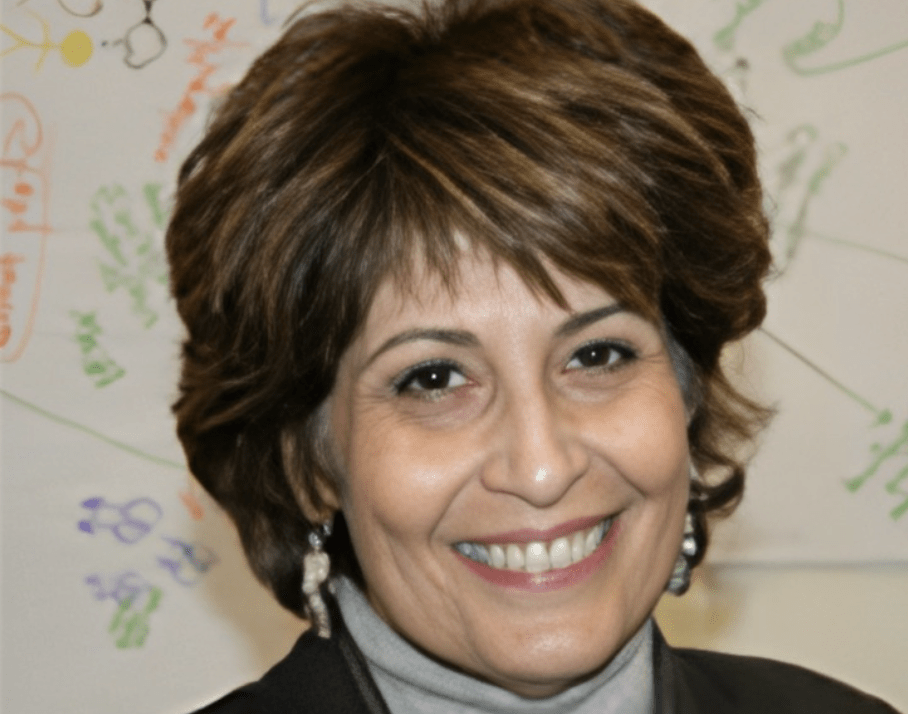
1. For those who may be unfamiliar with you and your work, can you share a little bit about yourself, your research interests at UMD, and the scope of your Fulbright(s)?
I am an Associate Professor Emerita in the Department of Spanish and Portuguese in the School of Languages and Literatures. I worked on learner variables and language learning, including learning strategies and preferences. Among other areas, I did research on language education and technology and language learning and students with differences (disabilities).
My Fulbright was to work with educators at the University of Concepción, Chile, on improving classroom learning and instruction. I was under the auspices of the Center for Teaching Excellence and the provost. I worked with many faculty in diverse disciplines, as well as a core group of faculty who created and carried out a new model training program at the university. The university also asked me to work with their English learning electronic platform, and directly with the provost on diverse policy issues.
2. What inspired you to start this process of becoming a Fulbright participant? What was your process in approaching the application?
I knew a couple of people who had had Fulbrights and could not say enough about how wonderful the experience had been. Chile was asking for researchers and educators; some colleagues at the university asked me to apply to work with them. I agreed and was fortunate enough to be chosen.
3. In 2022, the university released their new strategic plan, Fearlessly Forward. One of its core tenets is to take on the world's grand challenges. In what ways does your work contribute to supporting the common good?
I was able to support Chile and the University of Concepción in moving their own priorities forward. Improving education as well as aspiring to have Chile become bilingual Spanish-English was a national concern. I was able to help in advancing these and other initiatives.
4. What was the most surprising thing you found in your research and or scholarship?
In the United States we are accustomed to education being under the umbrella of the states. In Chile, the federal government is involved to a very great degree, and I found the extent of its influence quite surprising. I was fortunate to attend several very high-level policy meetings with the provost in the capital city, Santiago.
5. How do you plan to carry forward what you learned and the relationships you formed while abroad?
I have continued working with my Chilean colleagues on various projects. They have been at the University of Maryland, and I have returned to Chile various times.
6. For other Terps that are interested in becoming Fulbright participants, what advice do you have for them?
If it has not changed a lot, the application process is not difficult. I suggest thinking in terms of how your own interests and those of your host can be maximized. Once you have been awarded a Fulbright, be flexible in and with your host country and institution. I ended up far exceeding the scope of my initial project and am glad that I did.
_____
Visit our Fulbright Scholars gallery to meet our fearless scholars engaging with the world. For general program information and application guidance, visit our "How to Fulbright at Maryland" section at the bottom of the page. Interested in applying for your own Fulbright, or want to learn more about the program? Email UMD’s Fulbright U.S. Scholars liaison Scholten@umd.edu.
